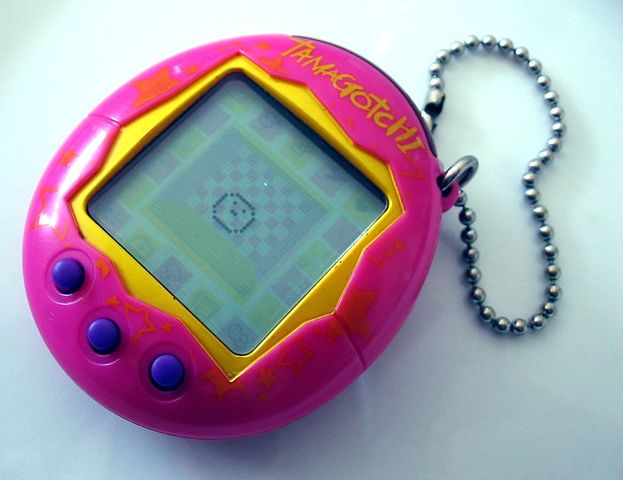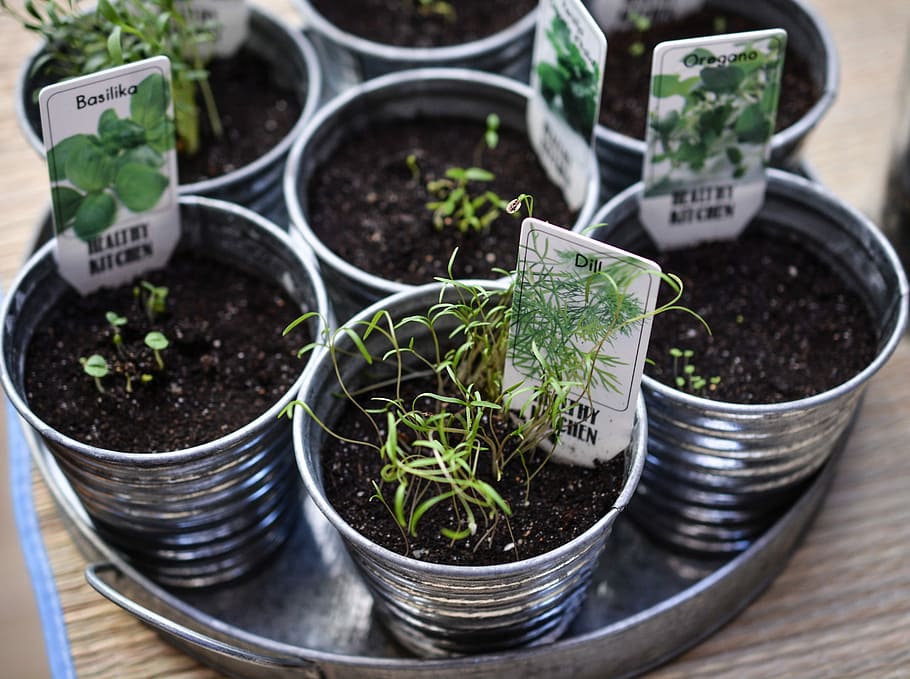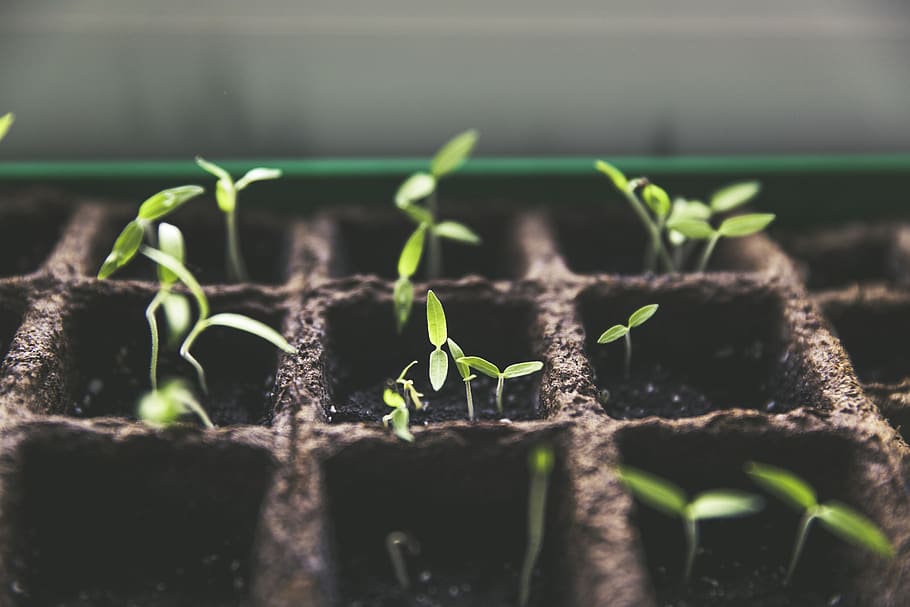When I was a child, I had a Tamagotchi. I’m quite certain it died within three or four days.
For those who aren’t familiar with Tamagotchis, they are handheld, digital pets that were all the rage in the 1990s. On the minuscule screen of the tiny gadget, you would feed the little creature, play with it, allow it to rest, and care for it to keep it alive for as long a time as possible.
But the days we had Tamagotchis were simpler times. At six years old, I had enough happening at school, enough parks to play in, enough cartoons to watch to keep me distracted from my little e-pet. There was little reward for caring for it compared to the reward I found elsewhere, and there was no stress from which to flee.

Today, things are different.
In light of the COVID-19 pandemic, our lives have been plagued with dissonant feelings of emptiness and constant stress, specifically for those working from home and trying their hardest to maintain social distancing guidelines in spite of the loosening safety measures imposed externally.
We are mostly at home, mostly alone, and the dividing line between work time and free time is losing any semblance of meaning. If you can still be in bed at one o’clock in the afternoon, then what’s to stop a boss or a colleague asking you for work past eight o’clock in the evening? If you’re responding to emails at one o’clock in the morning, then what’s to stop you sleeping past ten?
Meanwhile, as this amorphous structure slowly becomes the norm, our employment positions are at higher risk, our incomes are in danger of decreasing, we live in fear of the coronavirus affecting us or our vulnerable loved ones, and the threat of global political crisis is looming.
And so we jump into days of eerily Groundhog Day-esque similarity, with little to no control over the chaos outside and little power to change the emptiness within.
That is, at least, where I found myself when I decided to make a sourdough starter.
I was mesmerized when I learned that with a little bit of flour and water, I could create something that was alive; feed it every day, put it in an environment where it’s most likely to thrive, and watch it as it grows and activates.
I became cognizant of the positive effect caring for the sourdough starter had on me the very day I mixed the first batch of water and flour. First of all, I had made something with my own hands, knowing that one day I would use it to bake a beautiful loaf of bread. Second of all, I knew that in 24 hours’ time, this simple mixture would look and smell completely different and that gave me something to look forward to the next day.
In short, I felt like I had found a way to cheat the Groundhog Day effect.
Today, Jean-Paul Starter (as a friend suggested I name the sourdough starter) is in the fridge after having debuted his fermented power in two loaves, waiting to be fed and activated again. But I have, since then, turned to indoor gardening.
I began to plant herbs frequently used in cooking inside my own bedroom. The health benefits, both physical and mental, of living around plants are frequently discussed, and range from improving air quality to reducing symptoms of depression. But like the sourdough starter, they are a lifeline now more than ever.
Performing your daily indoor gardening duties can take as little as 15 minutes out of your busy schedule, a small price to pay for what it gives in return: motivation, purpose, structure, control, reward, and a chance for mindfulness.
On mornings where the Groundhog Day blues hit hardest, the responsibility of opening your shutters to let in some light and picking up that watering can could be just the thing you need to escape the morning lethargy associated with quarantine. You are leaving bed for a reason that is entirely your own, and completely outside the realm of professional duties.
At times like the ones we are living, there is often little motivation or external drive to care for oneself. But often, self-care comes as collateral benefit to caring for something else. Anyone who has ever been responsible for a dog knows that taking it out for a walk gives you as much sun, air, and exercise as it does the dog.
But while not everyone has the space, time, or financial ability to care for a dog, plants and even sourdough starters are lower maintenance in all of these factors, and give you a sneaky opportunity to trick yourself into getting out of bed, creating a routine, or getting some sun and air.
And through the process of planting the seeds and watching them grow or mixing the ingredients and watching them rise, the fruit of this labour you perform for no one but yourself becomes a tangible, personal reward that creates a sense of purpose and motivation that extends to more than just your herbal charges.
So on the harder days, the days I feel overwhelmed by the reality of living through the pandemic, when the lonely nature of physical distancing hits, and when my to-do list feels ever-lengthening and a break is nowhere on the horizon, little motivates me to start my day as much as the things I have made the independent choice to care for.
*The opinions and ideas expressed in this article do not reflect the views of Egyptian Streets’ editorial team any other institution with which they are affiliated. To submit an opinion article, please email [email protected].








Comment (1)
[…] . Source link […]